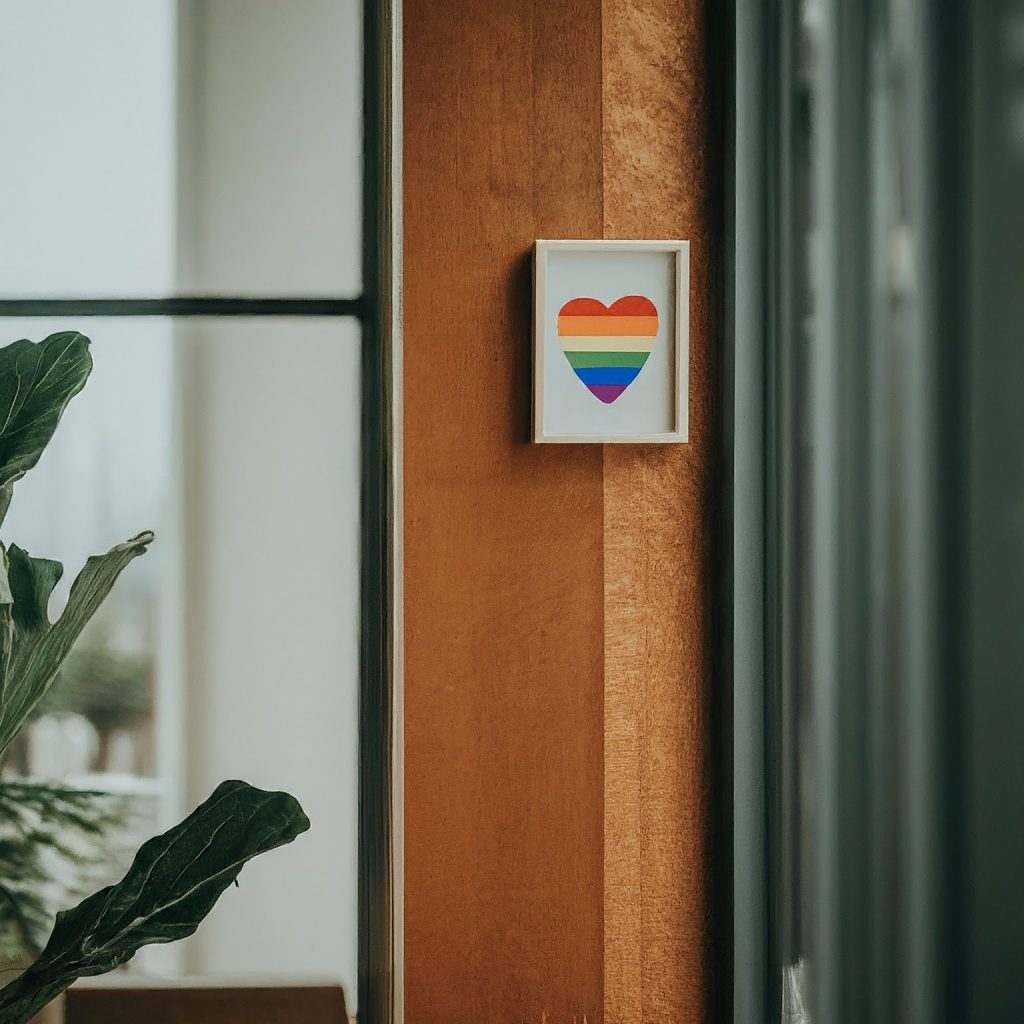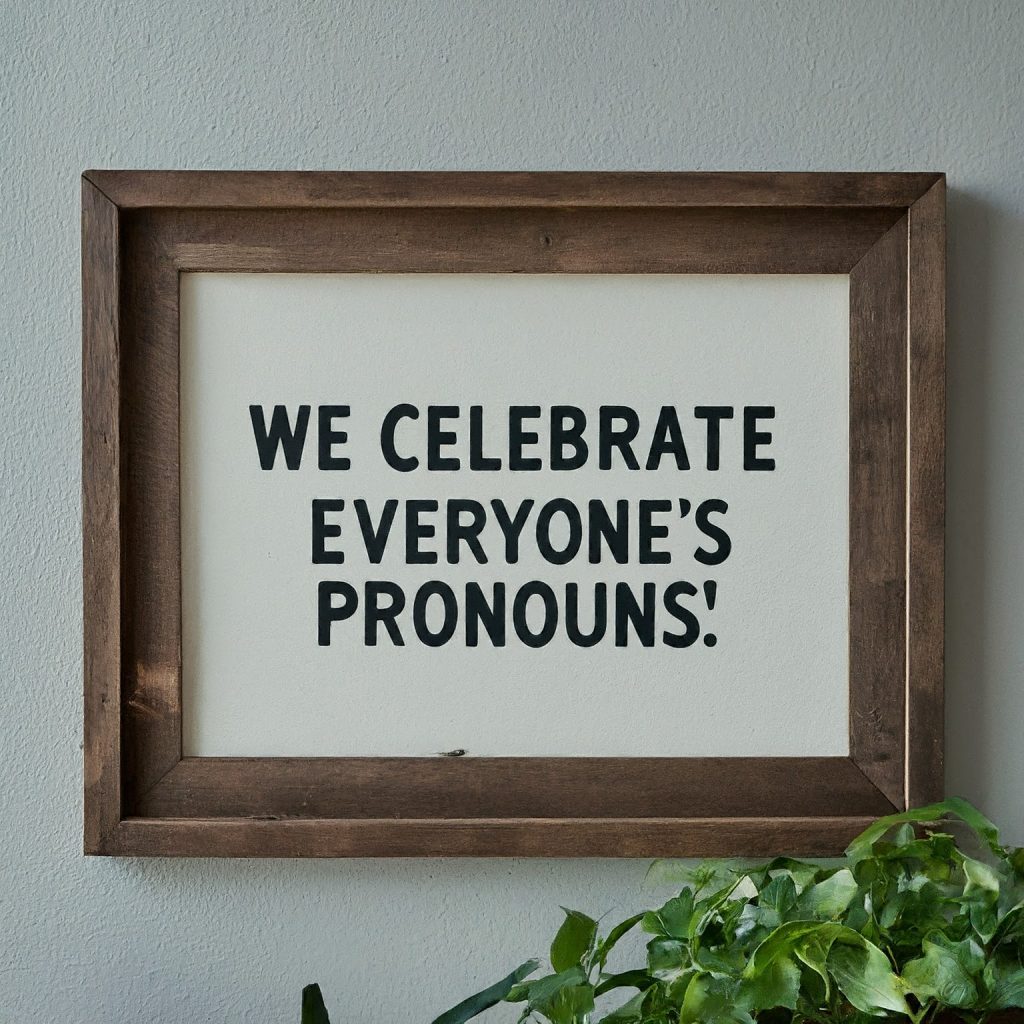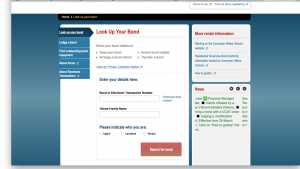The past few years have seen remarkable progress in LGBTIQ+ rights and acceptance in many parts of the world. Yet, even with this progress, relocating an LGBTIQ+ employee – particularly to a new country – requires thoughtful consideration on a number of levels.
While Australia boasts a vibrant and welcoming LGBTIQ+ community and progressive legal protections, navigating a new culture, social landscape, and legal nuances can be daunting for your international assignee.
We created this guide to share practical steps you can take when moving an employee in this community. The goal is to create an environment where they feel safe, supported, and empowered to thrive both personally and professionally.
Why the LGBTIQ+ community needs support

Relocating to a new country and culture is inherently challenging, but for LGBTQ+ employees, it can be trickier. They must find their way around unfamiliar social norms and potentially reinvent themselves in a new environment.
Unlike other new arrivals who might easily find community through shared ethnic or cultural backgrounds, LGBTIQ+ individuals can sometimes face discrimination even within those groups, leaving them with a smaller pool of people with whom they can connect and assimilate.
It is not enough to think that being a gay person is the only discriminatory box they fit in. In fact, there are potentially many layers of discriminatory disadvantage added to this community– factors like sex, age, gender identity, nationality, ethnicity, race, or religion.
How can we provide better support?
As with everything we do, communication and managing expectations is the start! Understanding an LGBTIQ+ employee’s past experiences is crucial for gauging their comfort level with accepting help and openly discussing their personal life.
This understanding allows us to adopt an intersectional approach to support, recognising the multiple dimensions of their identity and the potential layers of discrimination they may face.

An effective intersectional support system starts with a holistic view, considering:
- The company’s current culture. How welcoming and supportive is the environment for LGBTIQ+ employees? Are there policies and practices in place to ensure their well-being and equal opportunities?
- The individual needs of the LGBTIQ+ employee. Communicate openly with the relocating employee to understand their specific support needs. Remember, even non-LGBTIQ+ employees can struggle with relocation, so encourage open dialogue while being sensitive to their sexuality and cultural background.
- The changes required to provide adequate support. Based on the assessment of company culture and employee needs, identify where you must make changes to provide adequate support. Then, develop and implement plans.
Here are practical starting points:
- Visibility. Display signage or symbols reaffirming the company’s commitment to gender diversity and inclusivity.
- Pronouns. Encourage using pronouns in email signatures and introductions to create a more welcoming environment.

- Data Collection. Review data collection practices–particularly forms–to ensure they are inclusive and respectful of gender diversity.
- Language Guide. Provide resources on respectful language and communication to promote understanding and inclusivity.
- Resources. Connect your relocating employees with valuable resources, such as:
- ACON – a leading health organisation specialising in LGBTIQ+ community well-being.
- Rainbow Families – a national organisation supporting LGBTQ+ parents and families
- MindOut – a mental health service specifically for the LGBTQ+ community
- Rainbow Health Australia – a national initiative promoting health equity for LGBTIQ+ people
The benefits of an inclusive workplace

Much has been published about the benefits of workplace inclusivity, but theory can only go so far. To illustrate the tangible impact, we’re sharing a case study from Future Group, an ethical superannuation company that’s deeply committed to diversity, equity, inclusion, and belonging (DEIB).
Since their DEIB journey started in 2021, they have achieved:
- A culture of openness and sharing. Future Group has fostered a safe space where employees feel comfortable discussing personal experiences like menstrual health for a deeper understanding and support system.
- Formally recognising cultural practices. The introduction of Cultural Leave policies for First Nations and Culturally and Racially Diverse employees demonstrates a commitment to respecting and valuing the diverse cultural backgrounds of their staff.
- Empowered employee resource groups. Creating diverse Employee Resource Groups, such as SuperGenders, SuperGlobal, SuperPride, and Neuro-spicy Brains, provides safe havens for marginalised groups to connect, share experiences, and advocate for their needs within the company.
- Increased awareness and confidence. Initiatives like Acknowledgement of Country training have educated employees about Indigenous culture and empowered them to acknowledge the traditional custodians of the land respectfully.
- Proactive response to employee needs. By actively seeking feedback and acting on suggestions from staff-led groups, Future Group has shown a willingness to adapt and create policies like Menstrual and Menopause Leave that directly address the needs of their employees.
What still needs to be done for an inclusive corporate relocation approach?
The relocation sector as a whole must continue to invest in an inclusive approach to service delivery, ensuring support is responsive to the diverse needs of the LGBTIQ+ community.
This approach must acknowledge that LGBTIQ+ employees may face multiple forms of discrimination, and their experiences are shaped by the intersection of their various identities.
Only then can we develop policies and services that effectively address their unique challenges and promote a successful relocation experience.







